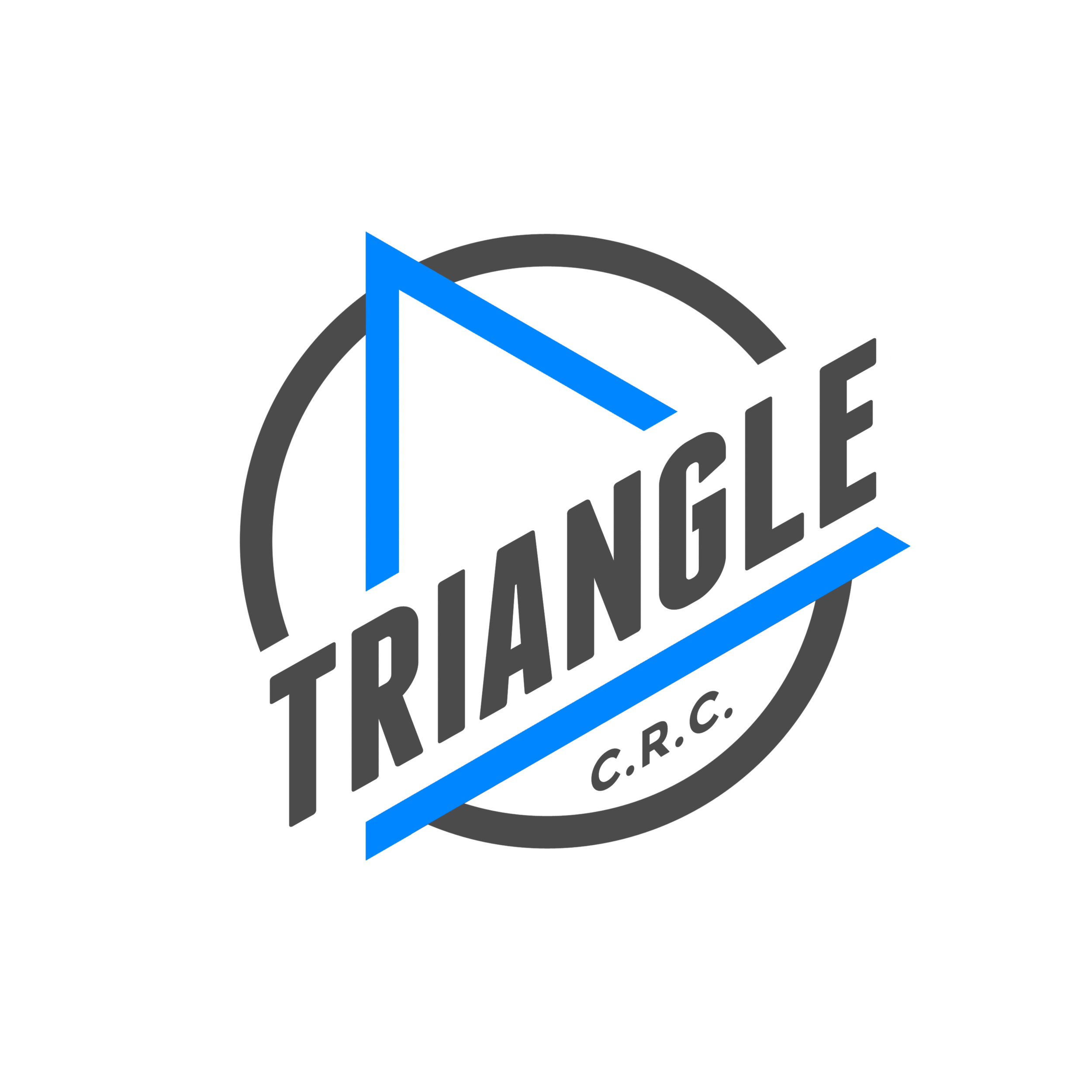Informed consent
I've had this discussion with several people recently: it's hard to know what to think because we don't have all of the information.
Informed consent is something very important to me. Before I adjust a new patient, I ensure that they're completely comfortable with moving forward with treatment. They can opt out.
In the state of North Carolina, I actually only need verbal consent in order to treat patients. I get written consent for legal purposes and as a back-up, but in my experience, the majority of healthcare practitioners are only getting written consent.
And in healthcare settings, the written consent is a blanket statement saying you understand (and accept) all risks and benefits associated with treatment; it often lists a few specific treatments, but is not as thorough as a truly informed conversation with your provider.
When you accept risk, you ideally understand it. You ideally understand the risks of DOING something as well as NOT DOING something.
We accept a lot of risks: getting into our cars is probably the biggest one. But the benefits of easy travel tend to outweigh the (very high) risk of injury or even death.
We assume that where there are risks, we will be able to assess them. But we're missing information when it comes to most of the choices we make (like how 20% of tested cosmetics this year contained asbestos, or what's truly in our drinking water), and we're taking on risks without even realizing our daily activities are high-risk.
If we can do an accurate risk assessment (determining what the risks are, determining if those risks are tolerable), then we're nearing truly informed consent.
But even if we do get all of the information (if you believe we have all of the information given to us by the media, then you probably honestly believe that Jeffrey Epstein took his own life and are choosing to bury your head in the sand about media and government corruption and I will be here to hold your hand through the cognitive dissonance of pulling your head out of the sand when you're ready), it's HARD to make decisions when stressed.
We're currently faced with information overload coupled with censorship overload while living under stress overload.
So I invite you to do three things:
Join me tonight (register at this link) to discuss informed consent about what products you and your family use. (And for some connection and giveaways.)
Take a big breath in and hum on exhale until you have no breath left. Do it now.
Write an email to a trusted friend about what you think (regarding anything), and be open to hearing their honest rebuttal. Maybe you'll learn something.
That's all.
Hope to see you tonight.
Hugs,
Lindsay
P.S. The BRAIN acronym is what I teach in my childbirth education class, but it's applicable to everything.
Benefits
Risks
Alternatives
Intuition
Nothing
Ask yourself the above before making decisions and you'll have a lot more information.
